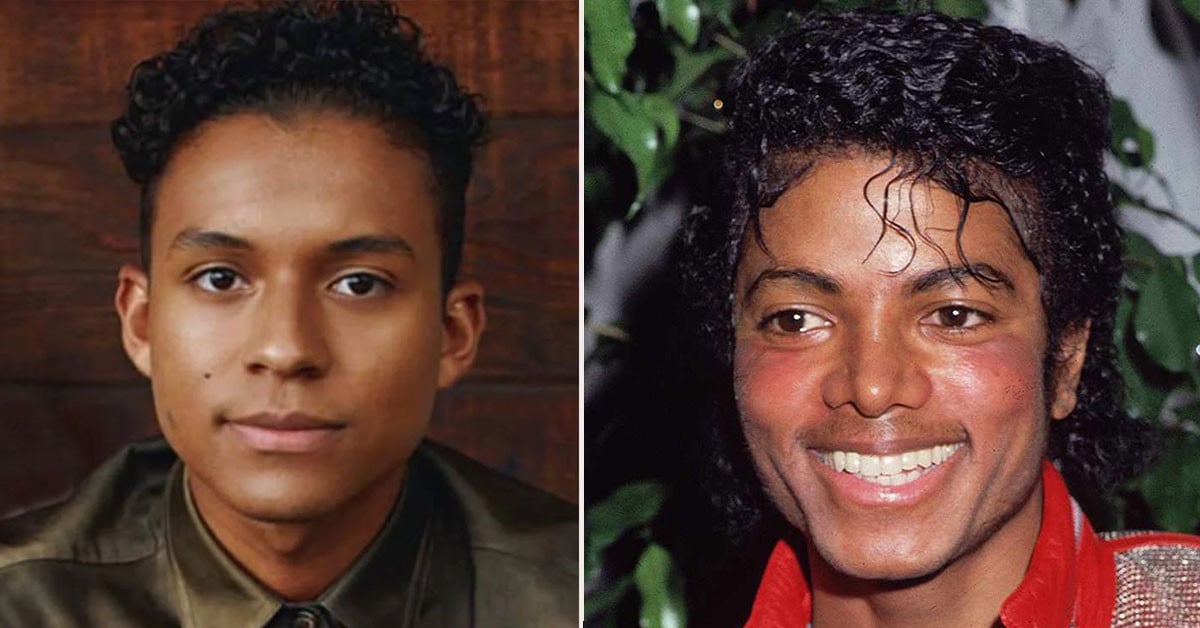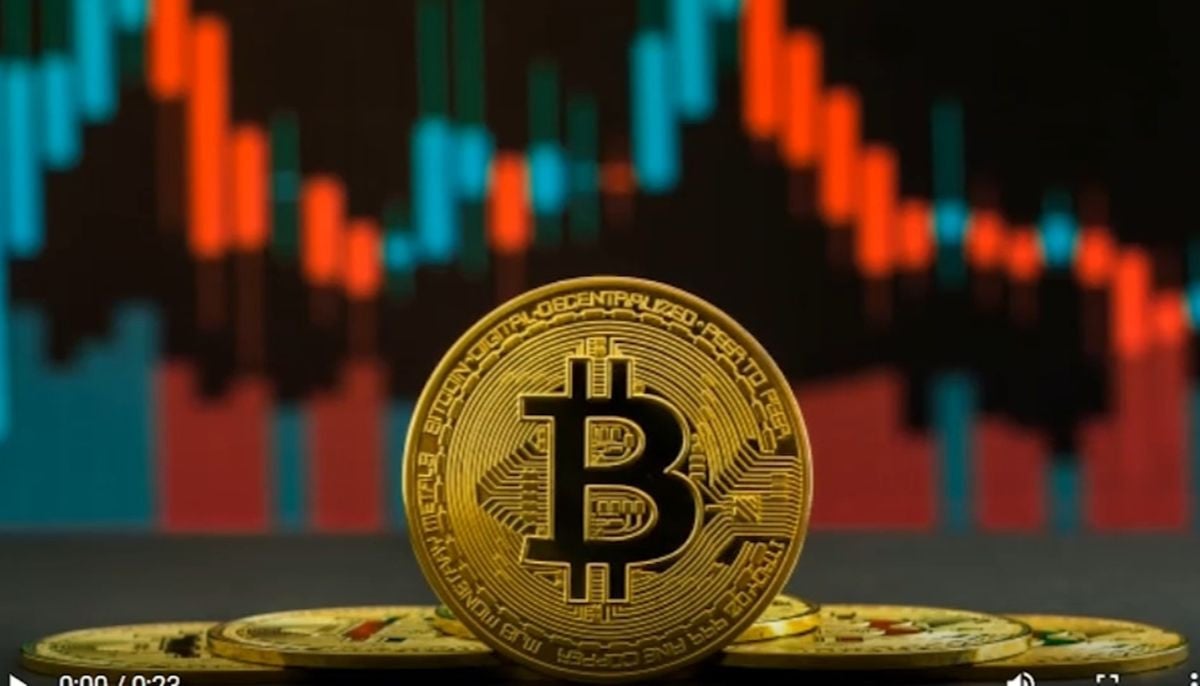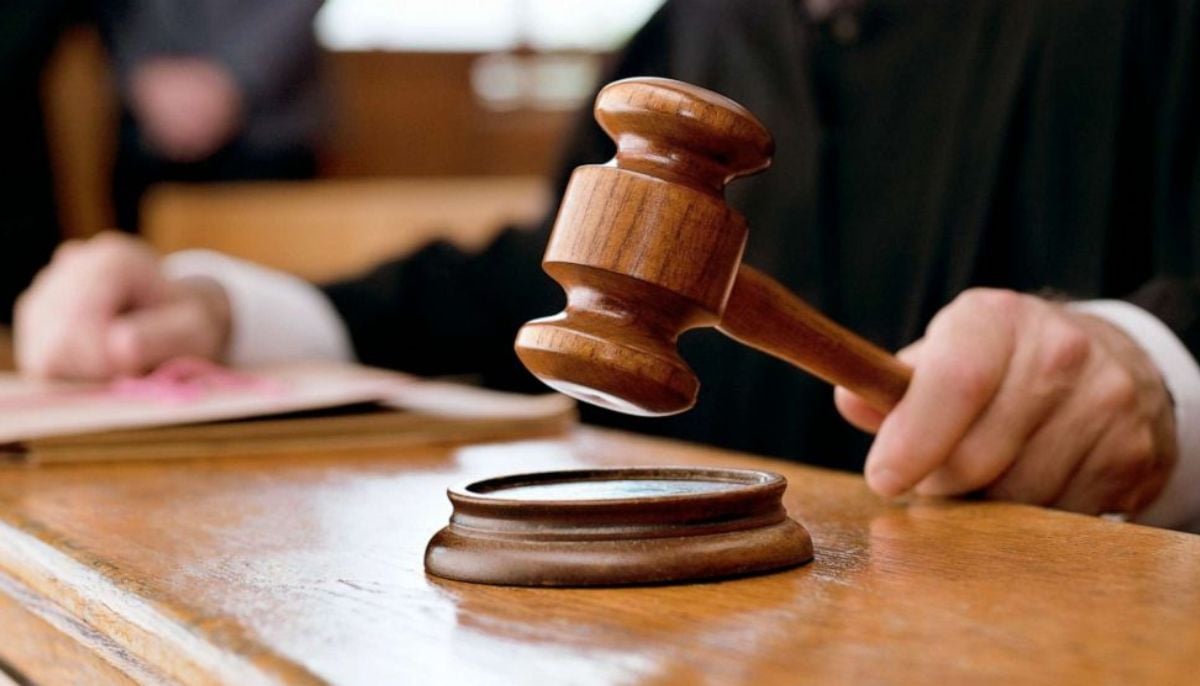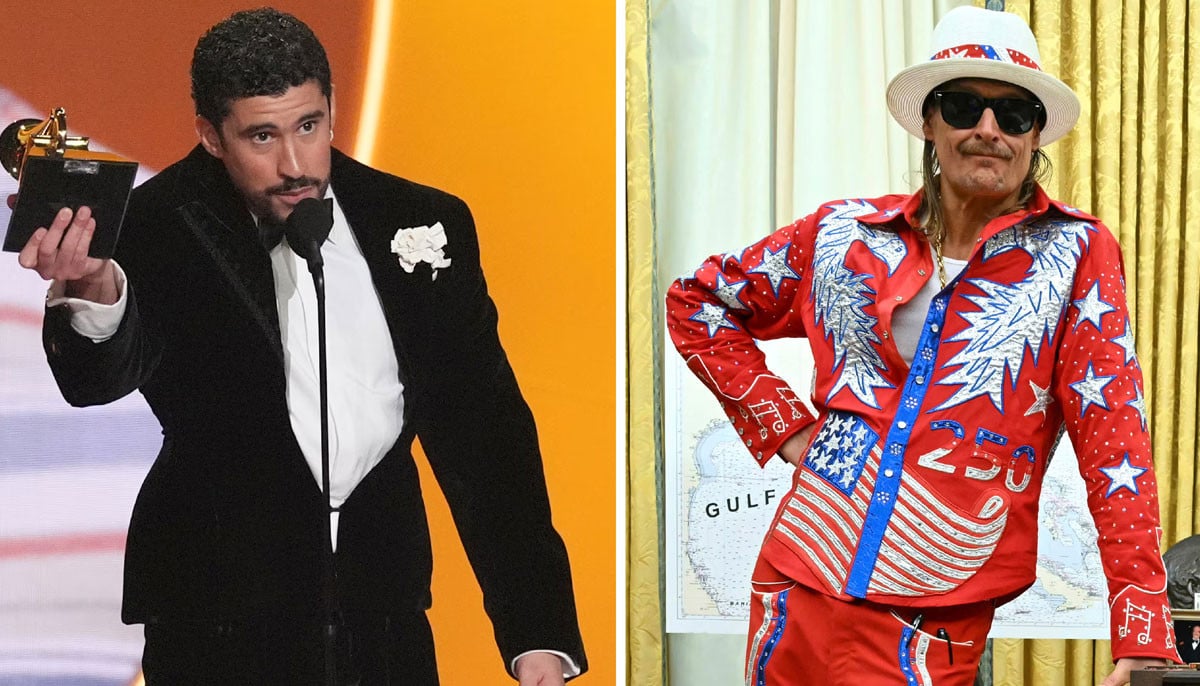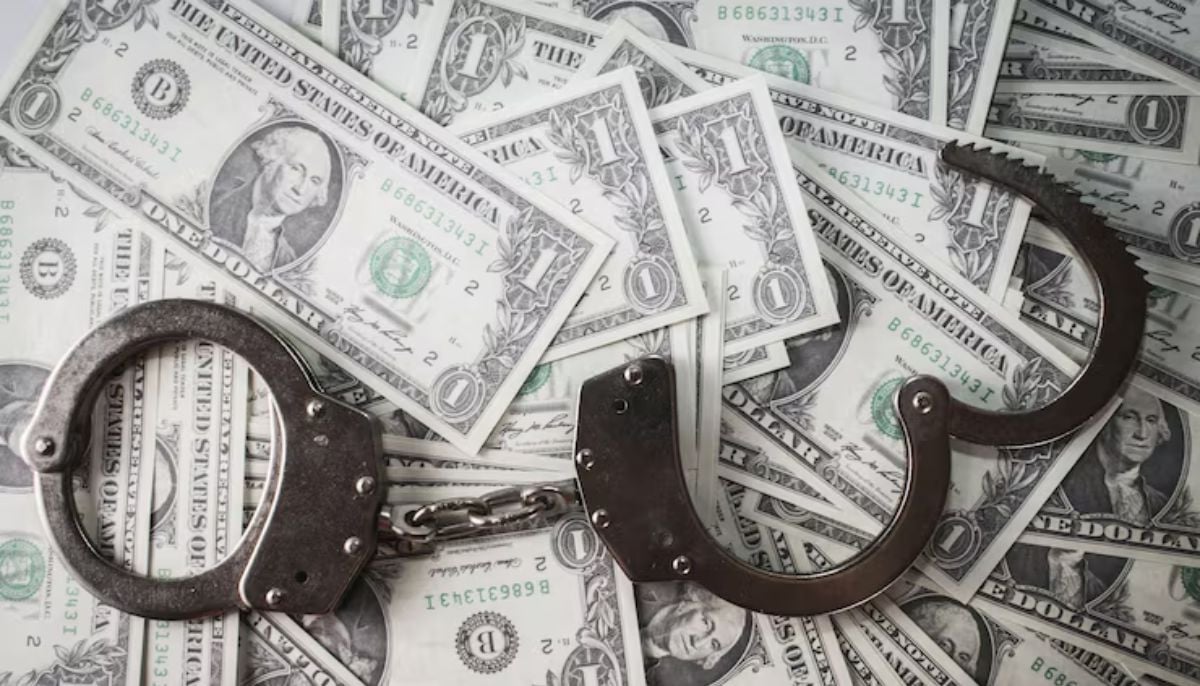WASHINGTON: President Donald Trump´s revised travel ban on refugees and nationals from six mainly Muslim countries faced a new round of legal challenges Thursday, with Hawaii leading off with a suit calling it an unconstitutional attempt to ban Muslims because of their religion.
"This second executive order is infected with the same legal problems as the first order -- undermining bedrock constitutional and statutory guarantees," the suit filed Wednesday in a federal court in Honolulu said.
Judge Derrick Watson put the suit on a fast track, scheduling a hearing on whether to impose a national restraining order on March 15, the day before the next executive order goes into effect.
Hawaii´s action is the first since Trump on Monday replaced his original travel ban with a narrower one designed to overcome red flags raised by a federal judge who blocked its enforcement.
Two other states -- Washington and Minnesota, which won the stay of the first travel ban -- also were expected to file suit at some point, as is the American Civil Liberties Union.
The new order denies US entry to all refugees for 120 days and halts for 90 days the granting of visas to nationals from Syria, Iran, Libya, Somalia, Yemen and Sudan.
The White House cites national security in justifying the ban, arguing that it needs time to implement "extreme vetting" procedures to keep militants from entering the country.
- Broader crackdown -
It comes amid a broader US crackdown on undocumented immigrants, following on Trump´s campaign promises of mass deportations and to wall off the Mexican border.
Homeland Security Secretary John Kelly said Wednesday the orders toughening immigration enforcement have driven down illegal entries -- as measured by apprehensions at the border -- by 40 percent from January to February.
But Trump suffered a major black eye in January when his first attempt to impose the travel ban erupted into heart-rending scenes of families being detained and summarily deported at US airports.
Polls show American public opinion is deeply divided on the issue. Most indicate a slight majority of voters opposed, with strong support among Trump´s political base.
Arguments that the ban had caused "irreparable harm" proved crucial in a San Francisco appellate court´s decision to uphold the lower court´s move to block enforcement.
The challenge facing Hawaii will be to show that the ban violates constitutional guarantees against discrimination on the basis of religion.
The White House has modified the latest version of its decree to try to pass legal muster, stripping away a reference to religion while also exempting current visa holders from the ban.
It also has given 10 days notice before it goes into effect, in a clear attempt to avoid the chaos that broke out when it was first imposed with no advance warning on January 27.
- Muslim ban -
In its suit, however, Hawaii argues that the second order "began life as a Muslim ban."
Removing language alluding to preferential treatment for religious minorities from the second executive order made it no less of a ban against Muslims, Hawaii argued.
As evidence of the administration´s intentions, the suit detailed numerous instances during the campaign that Trump referred to it as a Muslim ban.
Hawaii also claimed that the order violates constitutional protections against discrimination on the basis of nationality, the right to travel, fair process in determining who can enter or leave the country, as well as violations of US immigration law.
"Nothing of substance has changed: There is the same blanket ban on entry from Muslim-majority countries (minus one)," Hawaii Attorney General Douglas Chin said in a statement.
"The courts did not tolerate the administration´s last attempt to hoodwink the judiciary, and they should not countenance this one," Chin wrote.
Joining Hawaii´s suit was an Egyptian-born US citizen, Ismail Elshikh, an imam who serves Hawaii Muslims, reinforcing the state´s case that the ban had caused "grave harm" to its citizens.
The US Justice Department is scheduled to respond to Hawaii´s suit on March 13, which is to be followed by the state´s response March 14, and a hearing on March 15.
-
Costco $20 rule explained as employee pay climbs across North America
-
Tumbler Ridge school lockdown underway as RCMP investigate school shooting
-
Jaafar Jackson breaks silence on becoming Michael Jackson
-
Fugitive crypto scammer jailed for 20 years in $73m global fraud
-
Horrifying pictures of the kidnapper of Savannah Guthrie's mother released
-
Schoolgirl eaten alive by pigs after brutal assault by farmworker
-
Activist shocks fellow conservatives: 'Bad Bunny is winner'
-
Minnesota man charged after $350m IRS tax scam exposed






